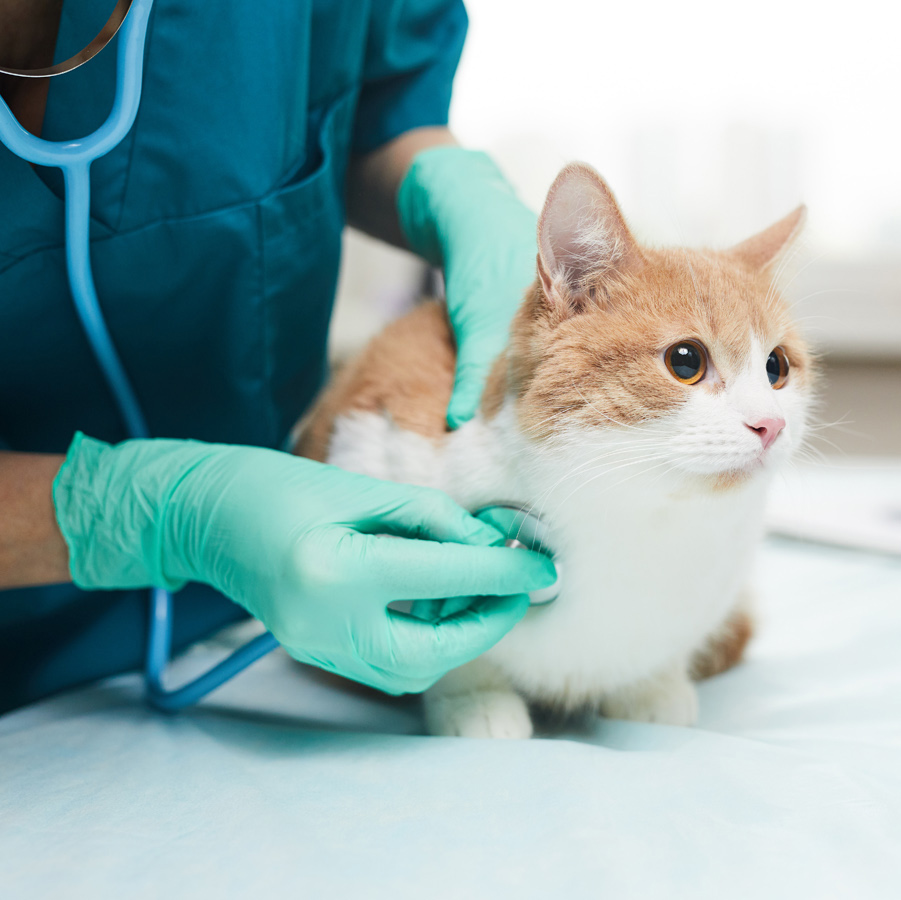
Cats are expected to be able to get the new vaccine by the fall of 2021, if approved by the USDA.
In November, a Covid-19 outbreak in Denmark’s vast mink farms led to the culling of more than 17 million of the ferret-like animals to halt the spread of a new mutated strain of the virus back to humans. Months earlier, the Bronx Zoo in New York made headlines when it revealed a tiger had tested positive for Covid-19. Since then, dozens of cats and dogs have been diagnosed with mild cases of the disease, in places ranging from Texas to Hong Kong. Now, two tiny biotech companies — one in Italy and the other in Long Island, New York — are working together on a Covid-19 vaccine for cats that could prevent reinfection from animals back to humans and soothe the fears of pet owners worldwide.
Developed by Italian startup Takis Biotech’s veterinary arm EvviVax, in partnership with New York-based Applied DNA Sciences, the vaccine will consist of two doses and will enter clinical trials on cats this month in New York. It’s based on the same technology used for Takis’ Covid-19 vaccine for humans, in development since early 2020, which uses fragments of DNA to produce proteins that induce an immune response against the virus. The trials are expected to last six months, with the goal of receiving approval from the U.S. Department of Agriculture by the summer.
The first animals to be inoculated with this vaccine will be cats. Most of the 54 cats in the U.S. diagnosed with Covid-19 have had mild symptoms ranging from sneezing to runny noses, compared to the high death rates in infected minks. Beyond protecting cats from infection, the primary objective is to prevent them from developing a mutant strain that could reinfect humans. While there haven’t been any cases of cats infecting humans with the virus, the potential for transmission still exists.

“I find it viscerally hard to believe that the cat sleeping at the foot of my bed, infected with Covid, does not provide a risk to humans somehow,” says Applied DNA Sciences CEO James Hayward, cautioning that there is still little reason for cat owners to worry about getting infected by their pets. “I don’t think the notion of having a reservoir of the same virus that can infect and devastate humans in the household cat is a good concept. In the course of protecting domestic cats, we protect humans at the same time.”


